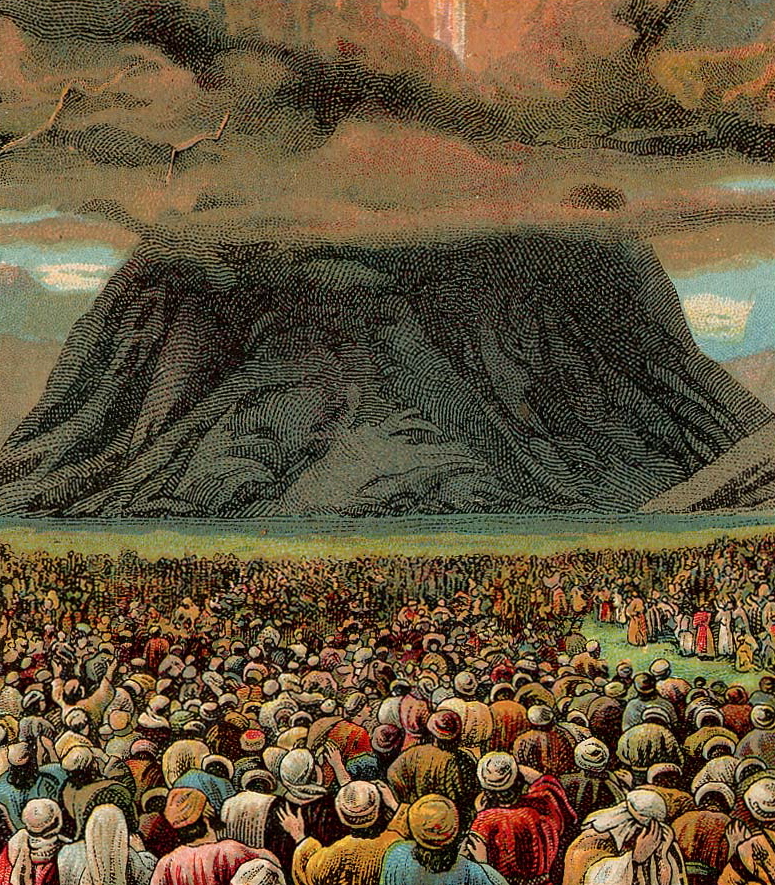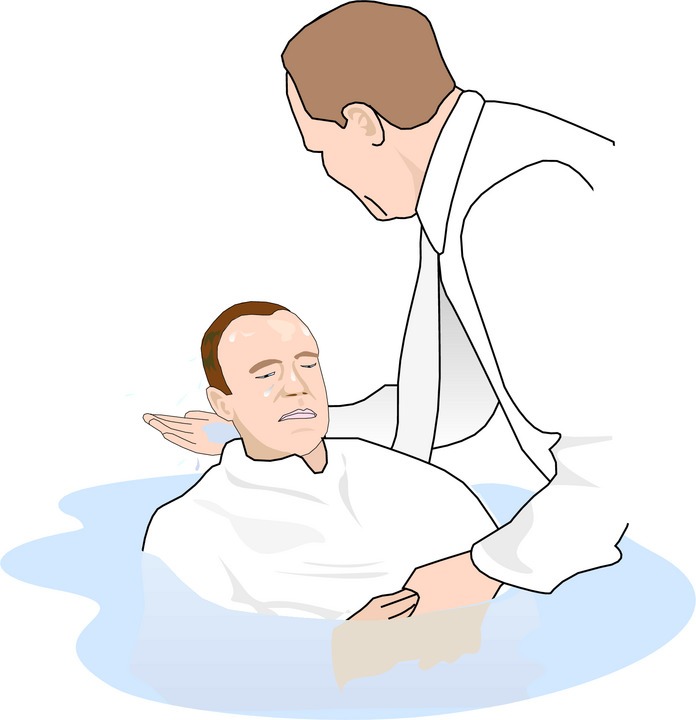
Acts 2

Acts 2:1, With one accord in one place. The location of this event was likely in the Solomon’s portico area of the temple mount, and not in the traditional site of the upper room located on Mount Zion in the City of David, which is southeast and outside of the temple mount area. (See notes at Acts 5:12.) Here, the disciples were gathered in one accord. This is likely the spot where the Acts 2 Pentecost gathering occurred. The reasons for this supposition are these: First, this area was large enough to accommodate thousands of people (unlike the traditional upper room location on Mount Zion in the City of David). Second, people from many nations would have been passing through the city gates located in this area en route to the temple and would have heard Peter preaching. Third, mikveh pools were located just to the south of the Temple Mount (and are still visible today) where those who repented and believed could have been easily and quickly baptized.
In one place. Where did the early believers hold their meetings? In “church” buildings? Not necessarily.
- Acts 2:1 In one accord in one place. The upper room or on the southern steps of the temple?
- Acts 3:1 At the temple at the hour of prayer at the Beautiful Gate.
- Acts 3:11 Peter preaches in the temple area at Solomon’s Porch.
- Acts 4:5, Peter preaches to the Sanhedrin.
- Acts 4:31, The place or room where they were assembled was shaken.
- Acts 5:11, The church was not a building, but the body of redeemed believers—the saints, set-apart ones.
- Acts 5:12, The church met at Solomon’s Porch in the temple area—all in one accord.
- Acts 5:42, Met daily in the temple and every house where they taught and preached Yeshua the Messiah.
- Acts 8:3, The church met in houses (Greek oikos meaning “an inhabited house, home, any dwelling place, building of any kind.”
- Acts 9:20, Paul preached Yeshua in the synagogues of Damascus.
- Acts 10:22, 44, Meeting in Cornelius’ house, and the Spirit falls.
- Acts 12:12, Gathered together praying in Mary’s house.
- Acts 13:5, Peached the gospel in the synagogues.
- Acts 13:13ff, Went into the synagogue on the Sabbath for the purpose of preaching the gospel, and on the next Sabbath as well (v. 44).
- Acts 14:1, Preaching again in the synagogue.
- Acts 15:21, Go to the synagogue each Sabbath to learn Torah.
- Acts 16:13, Meeting by a river side, customary prayer was made on the Sabbath.
- Acts 16:40, Lydia’s house a gathering place of the brethren.
- Acts 17:3, Paul, as was his custom, reasoned with the Jews on the Sabbath in their synagogue.
- Acts 17:5, A congregation in Jason’s house.
- Acts 18:4, More reasoning with the Jews in the synagogue every Sabbath.
- Acts 18:7, The house of Justice was a gathering place for the believers.
- Acts 18:19, More preaching to the Jews in the synagogue.
- Acts 18:24ff, Apollos preaching in the synagogue where Priscilla and Aquilla met him.
- Acts 19:8, Paul continues to preach in the synagogues.
- Acts 19:9–10, The disciples of Paul met daily in a school for two years.
- Acts 20:8, Sabbath evening, meeting in an upper room.
- Acts 28:23, In Rome, Paul preaches the gospel from his place of lodging.
- Acts 28:31, From his own rented house, Paul preached the kingdom of Elohim and the gospel for two years.
Shavuot at Mount Sinai and Pentecost in Acts 2
Although some 1500 years separate the first Pentecost at the foot of Mount Sinai and the one recorded in Acts 2, they are wonderfully linked to each both prophetically and spiritually. Few people understand this. In fact, one large branch of Christianity takes its name from Pentecost, yet it is safe to say that most Christians who claim the moniker of “Pentecostal” know little about the deeper implications of this term.

The first Pentecost is the foundation for and points to the latter one. Each was a watershed event for the people of YHVH that helped set their course of destiny for generations to come. We can learn much by studying these two events and understanding the spiritual implications for us as end time believers even though these events occurred thousands of years ago.
At the first Shavuot, the commandments of Elohim were written on two tablets of stone (Exod 24:12); on the Day of Pentecost, the same Torah was written on the heart of men by the Spirit of Elohim on Shavuot (or Pentecost, Acts 2:1–4; Heb 8:10). In 2 Corinthians 3:3 we read,
“Forasmuch as you are manifestly declared to be the epistle of Messiah ministered by us, written not with ink, but with the Ruach of the living Elohim; not in tables of stone, but in fleshly tables of the heart.” (2 Cor 3:3)
Interestingly, as YHVH inscribed the Torah on two stones at Sinai, likewise the human heart is also comprised of two “tablets,” or compartments, which physicians refer to as the “left heart” and the “right heart.”
Continue reading




